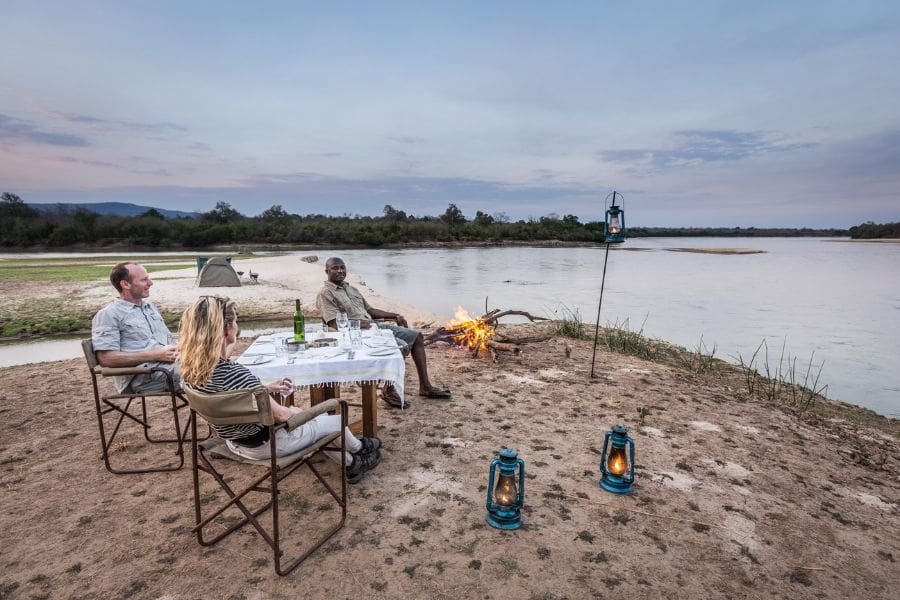Dar es Salaam, Tanzania’s largest city and economic capital, truly lives up to its name, “haven of peace” in Arabic. Indeed, while not the official capital, this sprawling metropolis serves as the country’s most prominent urban center. It boasts East Africa’s busiest port. Located on the Indian Ocean coast, this vibrant city offers a fascinating blend of cultures and a bustling atmosphere. Its history reflects Arab, German, and British influences, evident in its architecture and diverse population. Furthermore, the city acts as a crucial gateway for international trade and tourism into Tanzania and broader Africa.
Why Visit This Vibrant City?
Why should travelers explore this Tanzanian hub? Primarily, Dar es Salaam offers a rich cultural experience. The bustling Kariakoo Market, for instance, provides an immersive dive into local commerce and daily life. Here, you find everything from fresh produce to textiles and electronics. Moreover, the National Museum and House of Culture showcases Tanzania’s history and ethnographic heritage. The urban area also features beautiful Botanical Gardens, offering a green escape. Additionally, its coastal location means access to stunning beaches and islands. Bongoyo Island Marine Reserve, just a short boat ride away, provides excellent snorkeling and relaxation opportunities. This Tanzanian city truly combines urban vibrancy with coastal tranquility.
Gateway to Adventures from Dar es Salaam
Dar es Salaam is more than just a city; it is a vital starting point for various adventures. Firstly, it serves as the main entry point for safaris to southern Tanzania’s vast national parks, such as Nyerere (formerly Selous) and Mikumi. These offer a more remote and less crowded safari experience. Secondly, fast ferries regularly depart from the city, connecting travelers to the enchanting spice island of Zanzibar. Its international airport further solidifies its role as a key travel hub. Ultimately, whether you seek vibrant city life, coastal relaxation, or the launchpad for a grand safari, this bustling port city offers diverse experiences. Dar es Salaam makes a compelling addition to any East African itinerary.











